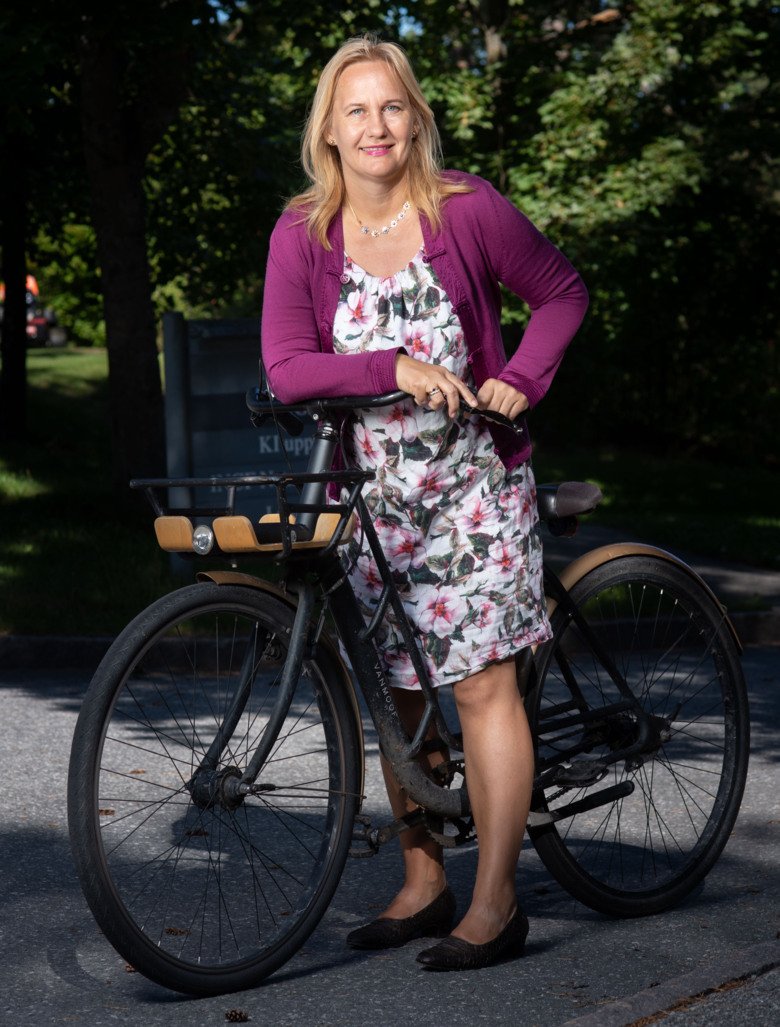Quality care when body and cognition start to fail
Many elderly patients suffer from both physical conditions and cognitive impairments. Dorota Religa studies how the care of this patient group can be improved. Her research covers both pharmacological and organisational issues.

What are you researching?
“I’m a consultant in geriatrics and I’m researching the care of older adults with impaired cognition combined with some form of physical condition. Apart from patients with established dementia, this group also includes those without such a diagnosis but who have started to present cognitive symptoms. This is a large patient group these days and the care services face multiple challenges when, for instance, the memory starts to fail in patients who are physically unwell, which takes knowledge and adaptability.”
What kinds of problem arise?
“It could be anything, such as a patient missing an appointment, failing to visit the dentist or being no longer able to self-medicate and manage a physical condition. We’re researching how the healthcare services can compensate for this by changing routines or treatment options. Our research has included looking at dementia in combination with diabetes and heart failure and has focused more recently on frailty. It also includes pharmaceutical issues about how patients are affected by drugs. There’s still a lot to be learnt here, partly because this is a group that is often routinely excluded from drugs trials, and partly because they often take multiple medicines, which can give rise to combination effects.”
What will be the outcome of your research?
“I attach great importance to implementation, that the knowledge we produce in our research will also be spread so that it changes clinical practice through things like information material and the production of recommendations and guidelines. Some results are so consequential that they are promptly picked up on and disseminated. For example, the prescription of antipsychotics to people with dementia dropped significantly after we showed that they markedly increased mortality in this patient group. During the pandemic, we’ve also shown that the risk of falling seriously ill or dying from COVID-19 correlates more with frailty than with age, which is an important distinction.”
About Dorota Religa
Professor of Geriatrics at the Department of Neurobiology, Care Sciences and Society
Dorota Religa was born in 1974 in Warsaw, Poland, and studied medicine at the Medical University of Warsaw, graduating in 1999 and obtaining her Polish MD licence the following year. She earned her PhD at KI in 2006 on a thesis on the pathogenesis of Alzheimer’s disease.
Religa was made docent in 2014 and assistant head of section in 2018. Religa has been clinically active since 2005 at Karolinska University Hospital, where she is currently consultant for the Inflammation and Ageing Theme. She became a specialist in geriatrics in 2011 and has held several managerial positions under the Ageing Theme at Karolinska University Hospital, including as head of the Ageing Brain unit.
Dorota Religa was appointed Professor of Geriatrics at Karolinska Institutet on 1 September 2020.
Text: Anders Nilsson
First published in the booklet From Cell to Society 2021
